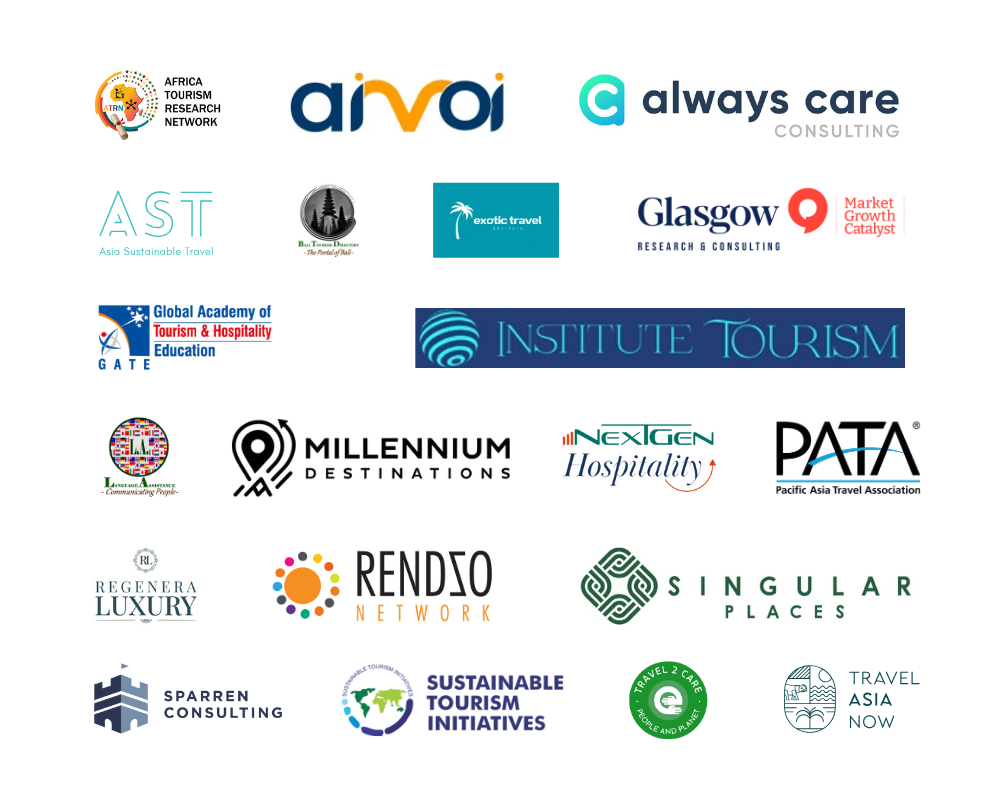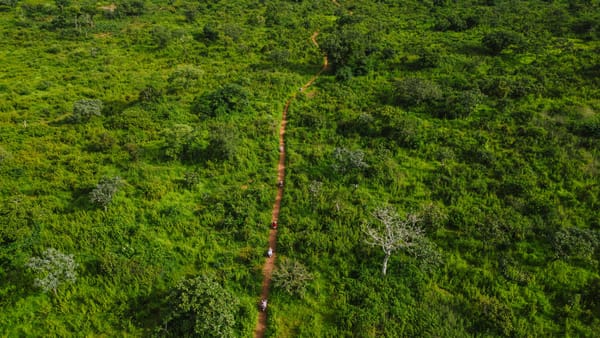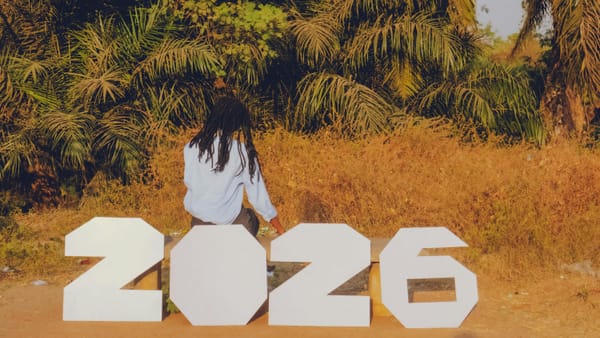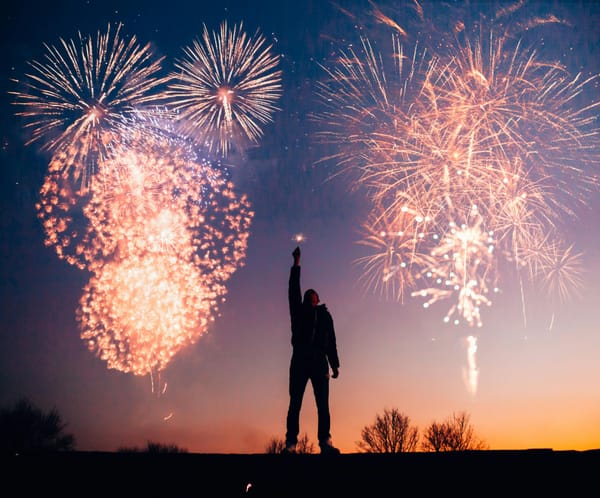Meaningful Tourism Award 2025
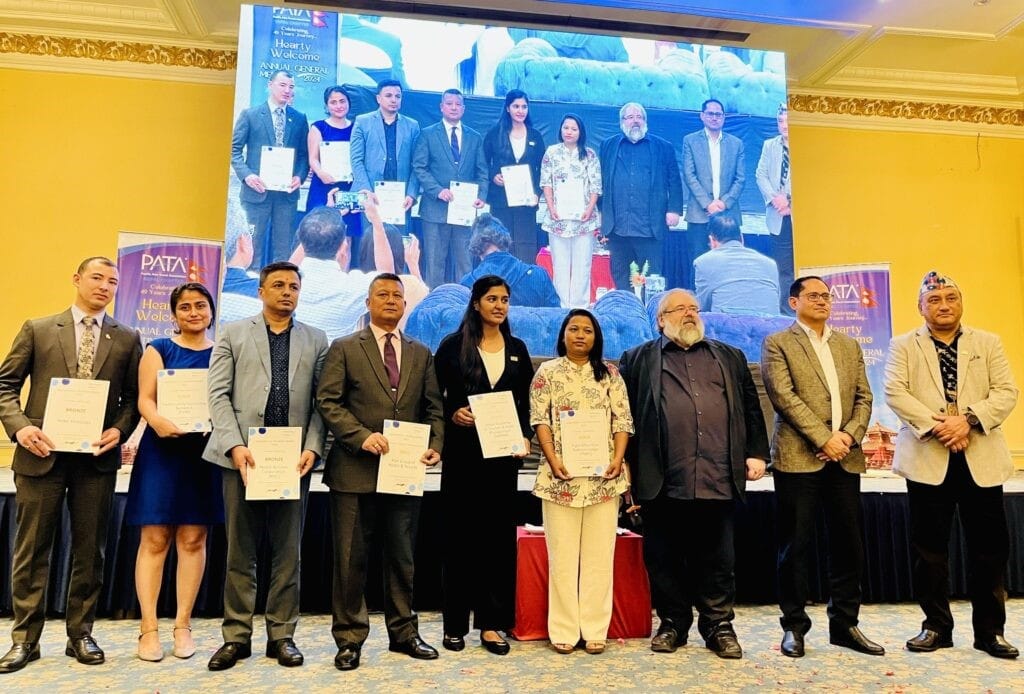

Dear reader,
this week, the readers of the Meaningful Tourism Weekly are provided with a head start: You are the first to learn about the start of the Meaningful Tourism Award 2025 and its new format, a day before the official announcement.
For the fourth time, the Meaningful Tourism Centre is organising the Meaningful Tourism Award. After successful editions in 2022 in Singapore, 2023 in Doha, and 2024 in Kathmandu, all based on self-applications, for the 2025 edition, the rules have been changed a bit to reflect the holistic approach, which is one of the central pillars of the Meaningful Tourism paradigm.
Schiller’s Ode to Joy, featured in Beethoven’s 9th symphony, praises those “Who the noble prize achieveth, Good friend of a friend to be”. Accordingly, projects, programs, destinations, companies, and organisations that are working in a framework that aligns the benefits and satisfaction of all tourism and hospitality stakeholders will be able to enter the group of potential winners of the Meaningful Tourism Award 2025 by nomination from their friends, partners, and supporters.
Self-nominations are not accepted; therefore, either another entity nominates those whom they consider worthy of a Meaningful Tourism Award 2025, or those eager to be nominated have to ask a partner to nominate them to become one of the 18 recipients of the Award.
There are six categories, for each of the six main stakeholders, awarding those which are themselves or which are providing especially beneficial and satisfying services for travellers, host communities, employees of service providers, service providing companies, governments at different levels, or the environment. For each stakeholder category, Gold, Silver, and Bronze Awards will be selected.
Nominations can be submitted until November 22, 2025. The Meaningful Tourism community, made up of more than 50 members worldwide, will carefully assess all nominations and create a list of Award winners, which will be announced on December 5, 2025.
Nominations should name the project, product, company, destination, or organisation, including a contact person, give reasons for the nomination, and provide links or documents to support the nomination. There is no need to fill out a form; an email to info@meaningfultourismcentre.org providing the necessary information is sufficient.
Nominations and Meaningful Tourism Awards are completely free of charge. Award winners will be featured on the MTC website and in an eBook publication before the end of 2025, as well as on social media and the Meaningful Tourism Weekly newsletter. The winners will also receive a certificate and an exclusive Meaningful Tourism Award 2025 Winner logo for use in their own marketing and communications.
Nominations are limited to one per category per nominator. Please note: the deadline for nominations is November 22, 2025.
As you know, more information on the Meaningful Tourism paradigm can be found on our website. If you have not seen it, a concise 15-minute introduction in the form of an interview video is available here.
Additionally, all the webinars that MTC has provided in the past months, in cooperation with the Institute of Tourism, can be found here.
As always, all best wishes from Prof. Dr. Wolfgang Georg Arlt, a.k.a. “Prof M”, and the whole team in Kathmandu and Manila.


Meaningful Tourism Award 2025
As mentioned in the Editorial above, MTC is starting the Meaningful Tourism Award 2025.
Everybody can nominate a project, program, company, or organisation for one of the six categories, in line with the six main stakeholders identified by the Meaningful Tourism paradigm, which are themselves or which are providing especially beneficial and satisfying services for travellers, host communities, employees of service providers, service providing companies, governments at different levels, or the environment.
For each stakeholder category, Gold, Silver, and Bronze Awards will be selected.
Nominations can be submitted until November 22, 2025.
Podcast with Prof M published
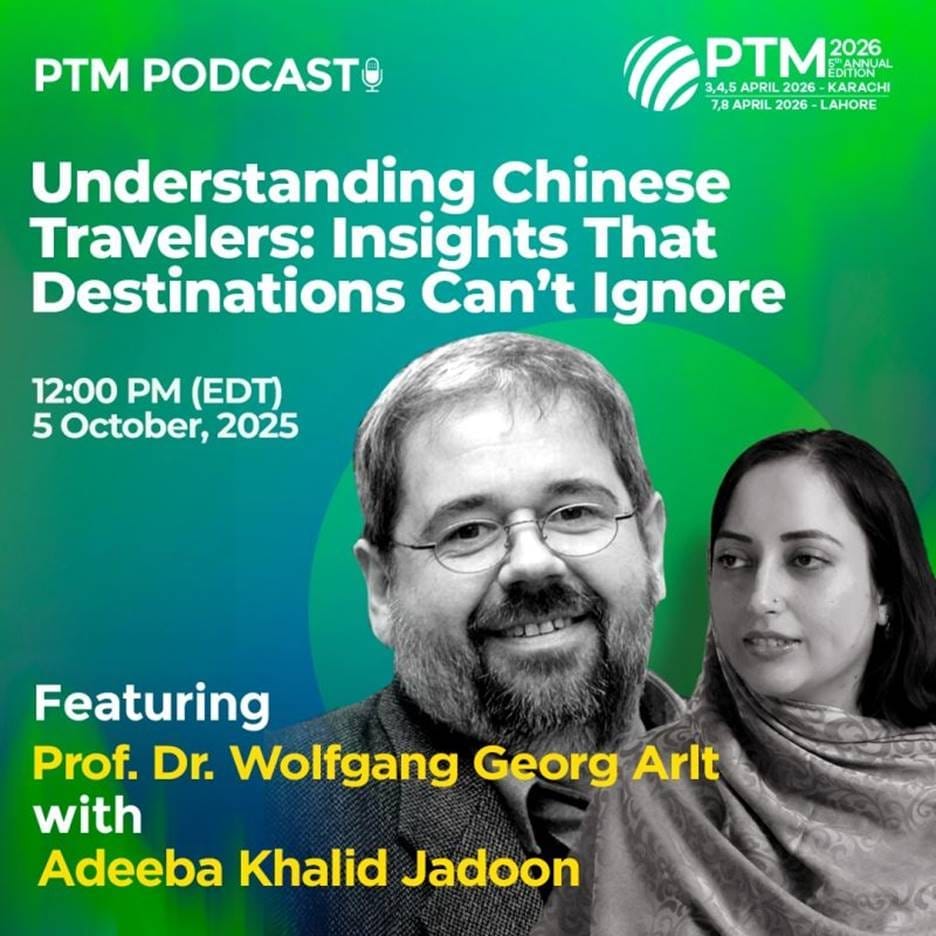
The Pakistan Travel Mart has been a major tourism fair and conference in Pakistan over the past few years. The 2026 edition will take place in April in Lahore and Karachi. The head of the PTM Marketing Department, Ms. Adeeba Khalid Jadoon, asked the founder of MTC, Prof. Dr. Wolfgang Georg Arlt, known as “Prof M”, mainly about the Chinese outbound tourism market, but also about how Meaningful Tourism can help to develop tourism in Pakistan.
3.5 million foreigners visited Pakistan in 2019, a number which has not been reached again until now. With its high level of diversity of landscapes, flora and fauna and different regional cultures, Pakistan is ideally situated to develop along Meaningful Tourism lines.
Watch the PTM podcast here.
A personal view on Meaningful Tourism
The Certified Trainer for Meaningful Tourism Game Workshops for South Africa and co-founder of the China-Africa Meaningful Tourism Partnership, Mr. Richard Julius, recently provided on LinkedIn a very personal view on why Meaningful Tourism is the answer to him and for the needs of tourism development in Africa:
Why Meaningful Tourism Is Personal to Me.
I was born in one of the poorest areas in Cape Town, South Africa, during apartheid. Most probably the toughest of times to grow up in South Africa.
As a young boy, my family had no electricity. We relied on firewood for everything: cooking, heating, and boiling water. One of my daily tasks was to collect that wood. It’s a memory etched into me, not just the physical labor, but the consequences as well. Deforestation, land degradation, all of it was part of survival.
Years later, through my family’s sacrifices, I earned a degree from the University of South Africa. After apartheid, I became a Regional Corporate Social Investment Manager for an international oil company. It was a prestigious role. My community was proud. I was proud.
But that pride didn’t last.
One of my key responsibilities was rolling out sustainability programs across the three provinces under my care. The job? Convince struggling communities to protect the environment, while offering them no realistic alternatives to meet their basic needs.
It didn’t sit right with me. How could I tell people not to cut wood when I knew what it was like to have no other option? It felt like we were saying, “Save the planet,” without saying, “We’ll help you live.”
I did the work. But I carried a deep internal conflict. Sustainability, as it was framed in those programs, felt more about protecting nature than protecting people. I couldn’t reconcile it.
Then the pandemic hit.
Everything paused. For the first time in a long time, I had space to reflect, read, and question. That’s when I found the work of Prof. Dr. Wolfgang Georg Arlt and his concept of Meaningful Tourism.
His ideas gave language to what I had felt all along. That sustainability must include dignity. That tourism, like any industry, should serve communities, not just extract from them. That real impact means putting people and place on equal footing.
His writing didn’t just make sense. It gave me peace.
That’s why Meaningful Tourism isn’t just a theory to me. It’s personal. It’s my story. And it’s the future I want to help shape.
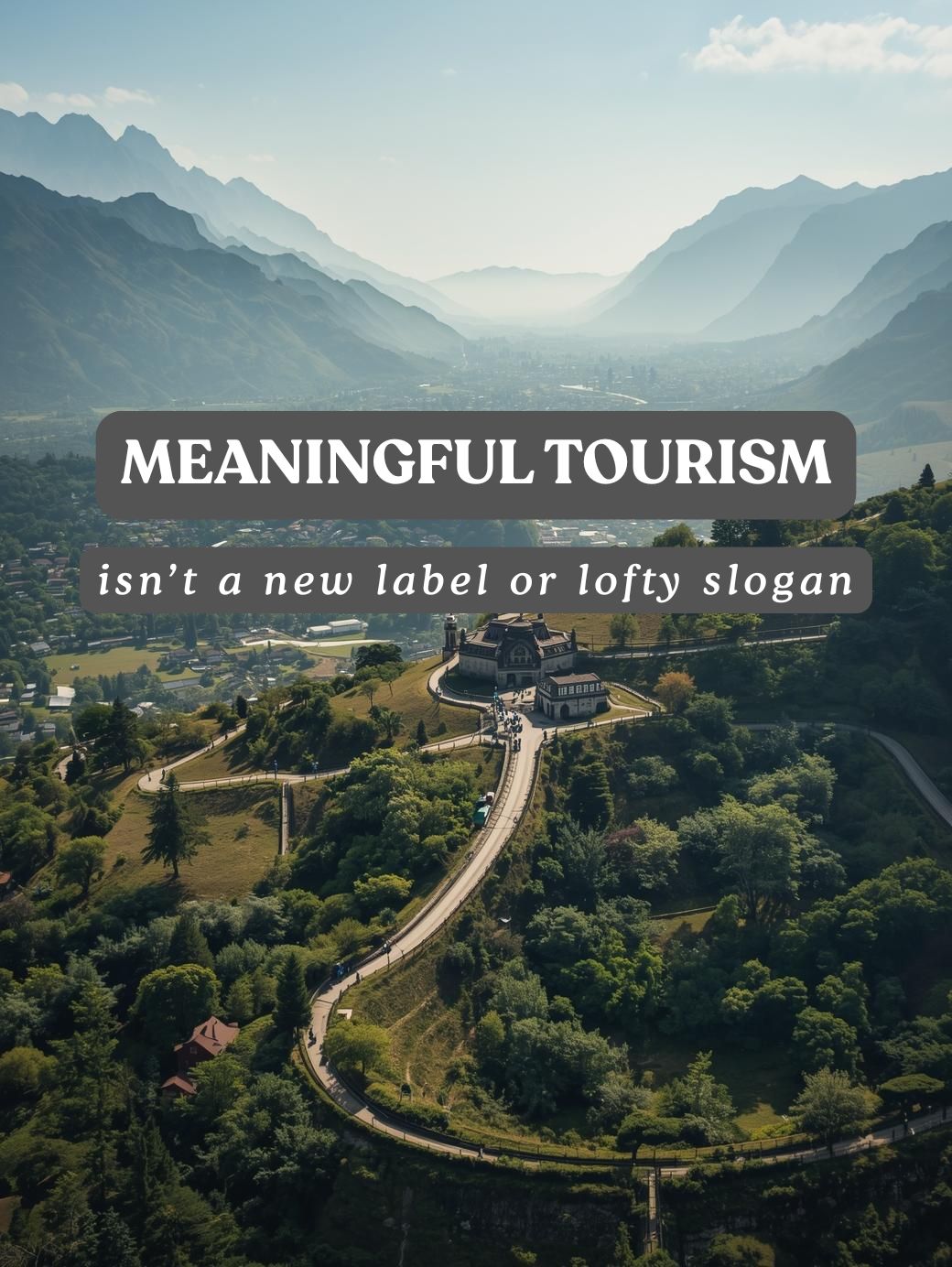
More information about the China-Africa Meaningful Tourism Partnership (CAMTP) will be provided in the Meaningful Tourism Weekly. See also the CAMTP website for details.

Doughnut Economics Action Lab (DEAL) launches Doughnut 3.0
Doughnut Economics Action Lab (DEAL) launched Doughnut 3.0 — the first major update of the famous global Doughnut since 2017.
Published in Nature Magazine, co-authored by Andrew Fanning and Kate Raworth, it analyses 35 indicators from 2000 to 2022, showing how the global economy has doubled, but progress to end deprivation has been sluggish while planetary overshoot has deepened.
The improved doughnut now monitors global trends in social shortfall and ecological overshoot over the 21st century, tracking humanity’s progress across social foundations and planetary boundaries.
Read the peer-reviewed study:
Fanning, AL and Raworth, K (2025).
Doughnut of social and planetary boundaries monitors a world out of balance, Nature (in press).
Read the report:
Raworth, K (2025).
The Evolving Doughnut, Doughnut Economics Action Lab.
Explore the new webpage with interactive visualisations here.
Join Kate Raworth and Andrew Fanning for an online launch event during Global Donut Days 2025:
Date and time: October 14 at 12:00-13:00 (UK time).
Event Information
Zoom Registration
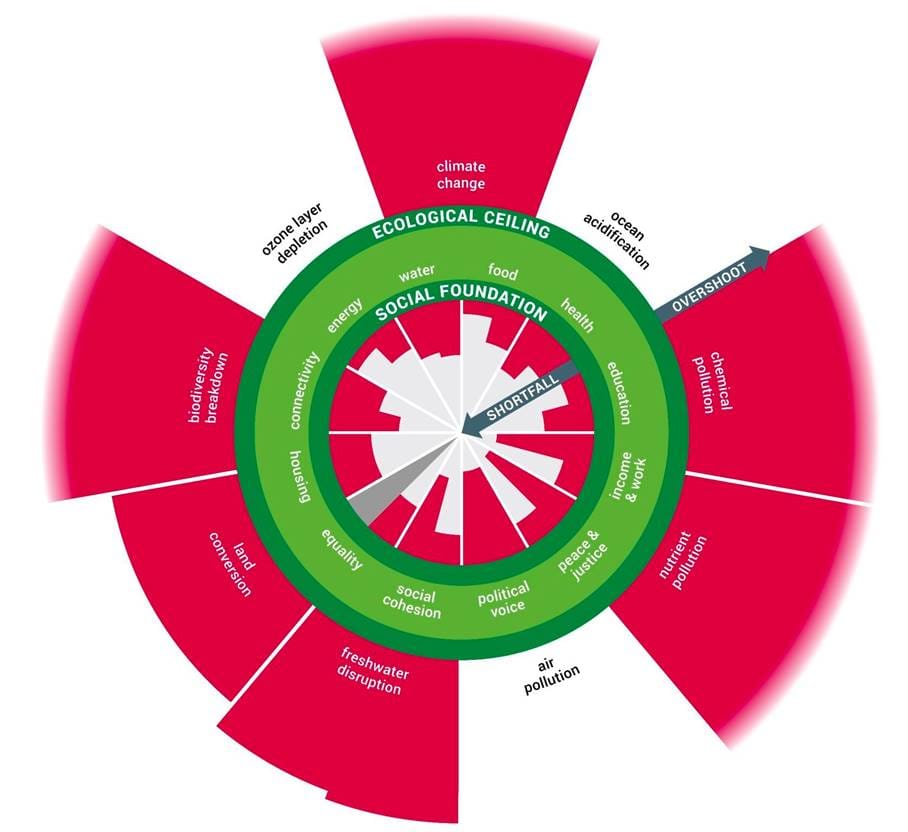

This is the fourth part of a five-part series of articles written by our Certified Trainer for Switzerland, Max Haberstroh, using Johann Wolfgang von Goethe's famous theatre play, Faust, to discuss the development and future of tourism, including the darker side of the success story.
If you missed the first part, you can check it out here. The second part is available here, and the third part here.
"Stay Vigilant!"
While we are commemorating the 50th anniversary of the end of the Vietnam War and the 80th anniversary of World War II's finale, with the first atomic bomb airdrop on inhabited areas, we have a hard time remembering all the wars that have taken place ever since. The future will certainly remind us, in due time, to commemorate the round anniversaries of present-day wars and natural and human-made calamities. Times have become more complex, more complicated, more serious. Fun has been tamed here and there. Tourism rose up again, more or less, with mixed emotions, though.
Systems may lose their function, as ideologies have lost their sense. It has become more and more obvious that political and business megalomania and hypocrisy in grand style have their real share in causing the present multifaceted global crisis.
Societies need rules to ensure fair play: We have realized that without ethics, there is just chaos. Ethics, however, reduced to a moral set of instructions on how to fairly organize mutual relations, have been felt too ‘bloodless’. It may sound strange, but if we refer to Bill Clinton’s statement on economics, it would rather come to the point with: “It’s our faith, stupid!”
In Faust I Margret’s ‘Gretchenfrage’, her crucial question to Faust is:
“Say, as regards religion, how you feel.
I know that you are a dear, good man,
Yet, for you, it seems, it has no appeal.”

Meaningful Tourism Community: The Meaningful Tourism Transformational Game Workshop Trainer
Carole Perez, Trainer for South Korea
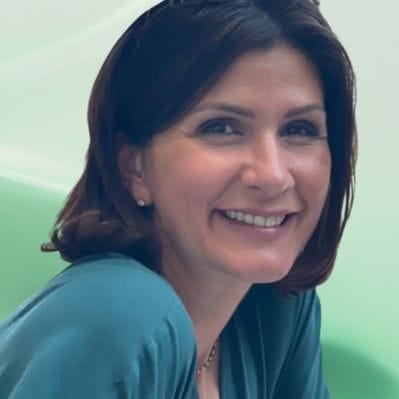
Carole Perez is an independent Consultant and Trainer in sustainable and fair tourism, holding a Master’s degree in Business Administration from AIE Aix-en-Provence. With over 20 years of leadership experience in the retail sector, including several years as a Regional Director managing international teams, she brings a strong operational mindset, strategic vision, and human-centered approach to her work.
Having lived and worked across Europe and Asia, she has developed a deep understanding of cultural diversity, field realities, and the importance of building tourism with people rather than just for them. Today, she supports tourism stakeholders through field-based consulting, staff training, and the development of sustainable, fair, and meaningful tourism strategies that foster cooperation, resilience, and positive impact.
The Meaningful Tourism Weekly asked Carole: What is the current situation of tourism in South Korea and how can the Meaningful Tourism Paradigm help to support its development?
Her answer:
Tourism in South Korea has recovered strongly since the reopening of borders, driven largely by the global popularity of Hallyu — K-pop, K-drama, K-cosmetic, and cuisine. International arrivals are increasing rapidly, and destinations such as Seoul and Busan remain the main entry points. However, this concentration creates challenges: overcrowding in popular districts, under-visited rural areas, and a reliance on shopping-oriented tourism that does not always generate long-term value. Structural issues such as labor shortages in hospitality and vulnerability to geopolitical fluctuations also limit resilience.

The Meaningful Tourism paradigm offers a framework to address these challenges by ensuring that all stakeholders — guests, employees, companies, governments, local communities, and the environment — benefit from tourism development. In Korea, this could take several concrete forms.
First, diversifying experiences beyond major cities would spread economic benefits more evenly. Regions such as Jeolla, famous for gastronomy, Gangwon for eco-tourism, or Andong for Confucian traditions, could be promoted as meaningful alternatives to mainstream itineraries.
Second, prioritizing authentic cultural engagement over mass consumption would enhance visitor satisfaction while strengthening local identity. Examples include temple stays, traditional craft workshops, or community-based tourism in rural villages.
Third, embedding sustainability into tourism is urgent. One key issue is Korea's excessive use of plastics — from disposable cups to overpackaging — which reflects convenience but also a lack of education on sustainable practices. Clearer awareness campaigns, eco-certification for accommodations, and low-impact transport options could reduce waste and align Korea with global eco-tourism expectations.
Finally, investing in the well-being and training of employees would make tourism careers more attractive, raising service quality and reinforcing Korea's competitiveness.
In short, South Korea's tourism is dynamic, but its long-term success requires a shift from quantity to quality. The Meaningful Tourism paradigm provides a holistic path to ensure that growth creates genuine value for visitors, communities, and the environment.
MTC Certified Trainers
Please find below the updated overview of all our Certified Trainers for the Meaningful Tourism Transformational Game Workshop, as well as the updated World Map showing the countries directly and indirectly covered at present.
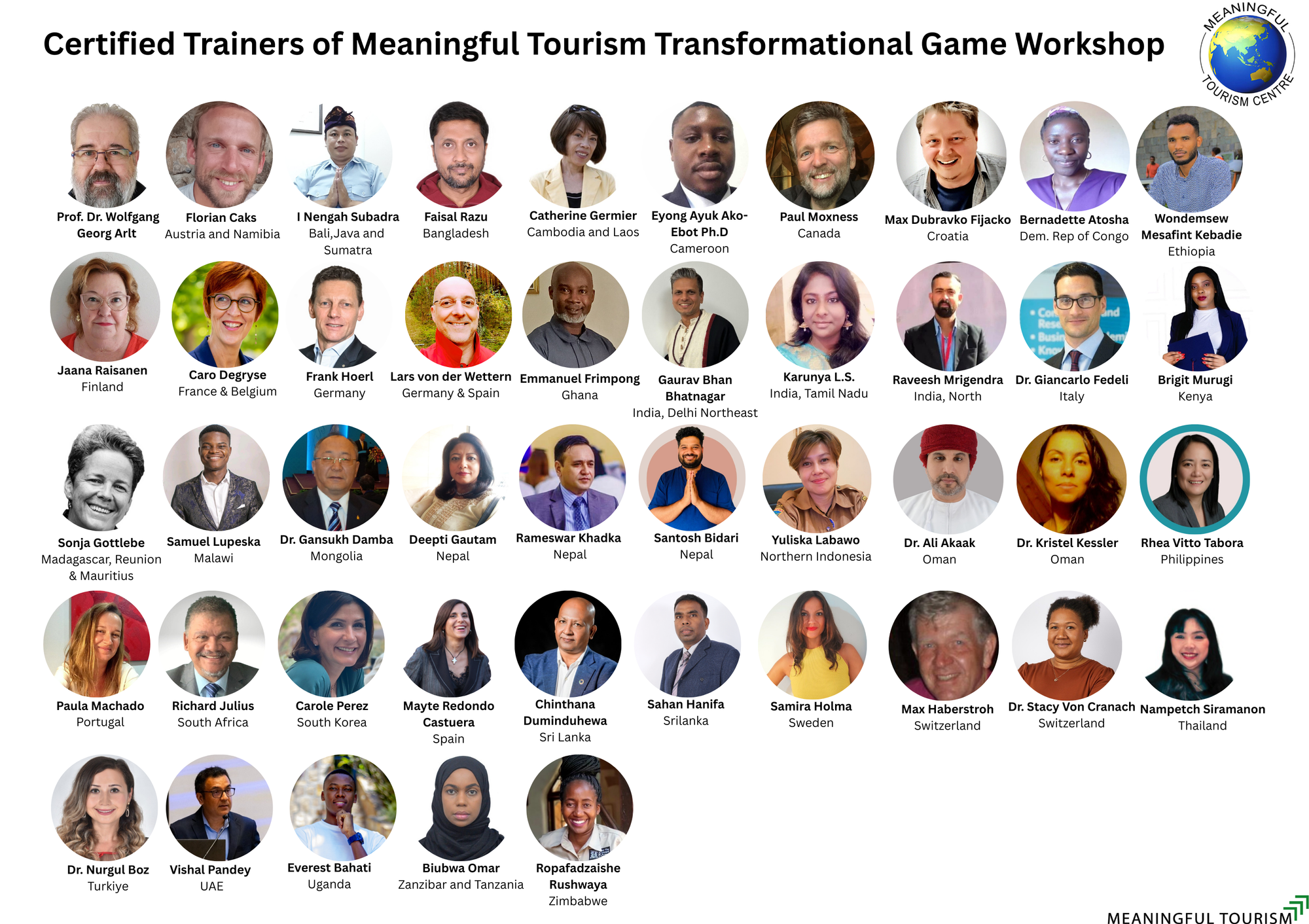
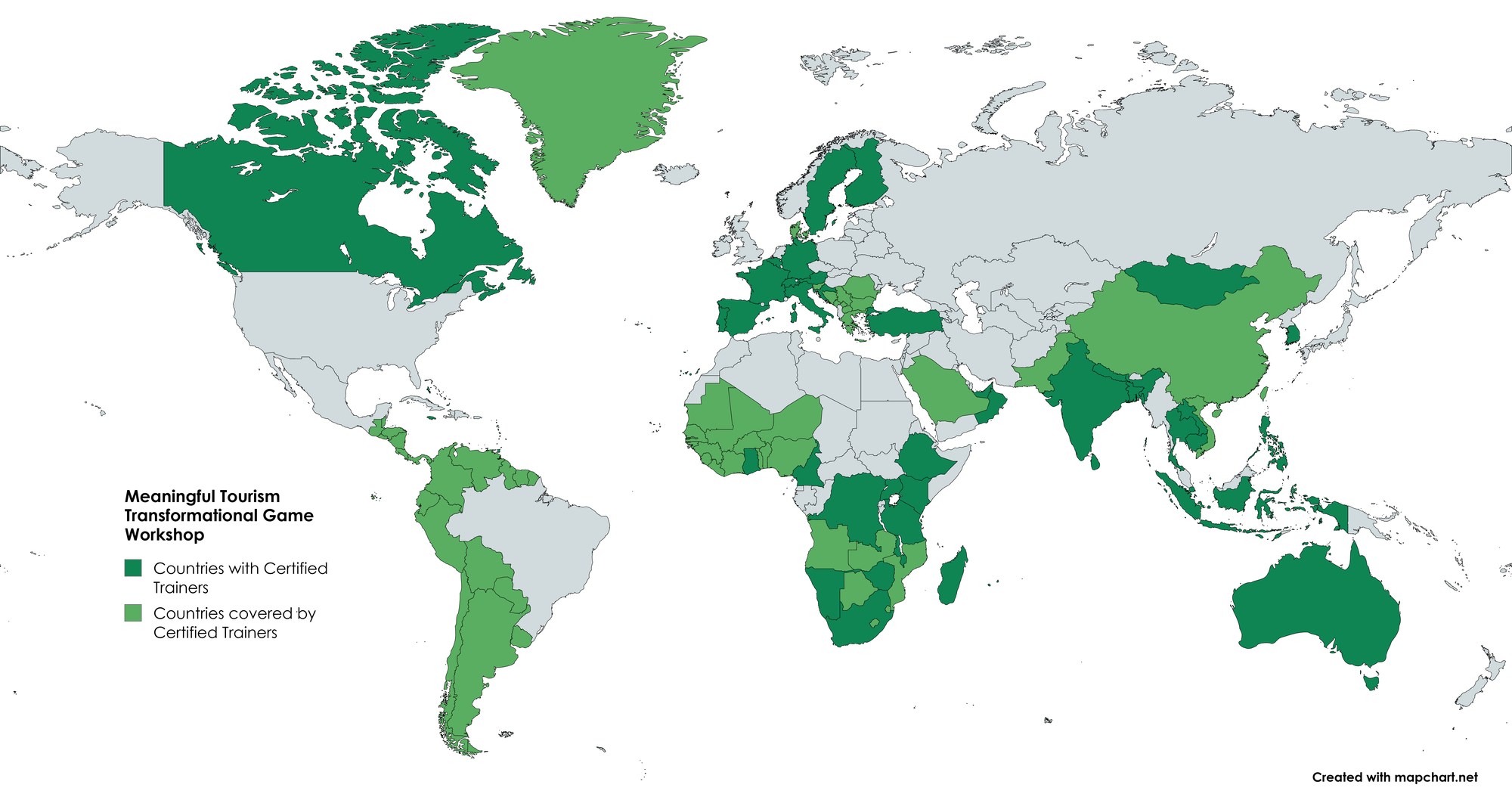
With almost 50 Certified Trainers, many countries and regions of the world are already covered. However, MTC continues to look for professionals with experience in training or lecturing and a passion for sustainable tourism.
If you are interested in becoming a Certified Trainer for the Meaningful Tourism Transformational Game Workshop for a country not marked in dark green on the map above, please contact us at office@meaningfultourismcentre.org.

Sustainable Destinations Forum 2025 in Expo City Dubai

Prof. Dr. Wolfgang Georg Arlt and Dr. Ali Akaak (Meaningful Tourism Trainer for Oman) will speak at the Sustainable Destinations Forum (SDF) 2025 Day 2 Workshop Session 5 titled "Adding a Good Travel Experience as a Premium Value to the Marketplace."
The workshop will be moderated by Jana Apih, Executive Director of Green Destinations Foundation, and Iyad Kayali, Regional Director of Green Destinations.

The full workshop agenda is available here.
The ticket is priced at 160 Euros and includes full access to the Forum Days:
October 28: Access to the forum, lunch, awards ceremony, and special heritage desert dinner
October 29: Workshop access and lunch
Green Destinations is offering all readers of Meaningful Tourism Weekly a special 25% discount on the participation fee.
For booking, please contact us at info@meaningfultourismcentre.org.
Meaningful Tourism Transformational Game Workshop at World Travel Market, London
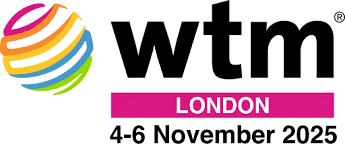
World Travel Market (WTM) in London is one of the must-attend annual events for key players in the tourism industry. The Meaningful Tourism Centre will offer a special Meaningful Tourism Transformational Game Workshop on the day before the start of WTM 2025, on November 3, 2025, from 9:00 to 16:00 hours. The workshop will be conducted by Prof. Dr. Wolfgang Georg Arlt FRGS FRAS, the founder of MTC.
There are only 30 seats available, so if you already know that you will attend WTM 2025, make sure you arrange your schedule to arrive on time for the training workshop on Monday, November 3, 2025.
Book your seat now and enjoy the Early Bird fee.
Venue: Central London, details to be advised. Transport from/to the hotel or Excel London can be arranged on request at a special rate.
Participation fee: 200 Euros per person
VAT included if applicable.
Two or more seats booked at the same time enjoy an additional 10% discount.
Please note that payments are non-refundable. However, a change of participant is possible without additional fee until one day before the training workshop.
The participation fee includes training workshop participation, a certificate of participation, one year of free access to all content, including the Meaningful Tourism Weekly Library reserved for paid subscription holders, coffee/tea, cookies, and a vegetarian and non-vegetarian lunch buffet.
On the evening of November 3, 2025, there will also be a (self-paid) dinner followed by drinks with an opportunity to network with participants and to meet several of the Meaningful Tourism trainers from different countries.
For bookings, please contact office@meaningfultourismcentre.org.
Bookings will be closed once 30 reservations have been reached.
About Meaningful Tourism Weekly
Meaningful Tourism Weekly is published every Thursday by Meaningful Tourism Centre (MTC) - London and Kathmandu in collaboration with Travel Asia Now, led by Rhea Vitto Tabora. This partnership enhances the newsletter’s professional production and distribution, bringing added value to our readers.
Each issue features Editorial, updates on MTC activities, a Best Practice Example, a profile of an MTC-certified trainer, news about upcoming events, and occasionally additional op-ed pieces from guest authors. Carefully selected news items, including videos and podcasts, are also included, with links to their original sources in the Meaningful Tourism News section.
Subscription to Meaningful Tourism Weekly is free, with the addition of a paid content section that includes a library of surveys, exclusive articles, conference presentations, and statistical data, offering subscribers invaluable resources.
Sponsorship opportunities are available for those interested in supporting this initiative.
For more information about MTC's training programs, market research, product adaptation, consulting services, conferences, strategy development, and marketing, visit our website or email us at info@meaningfultourismcentre.org.

